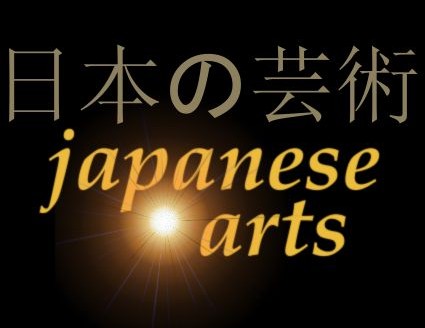| architecture |
| calligraphy |
| ceramics |
| clothing |
| comics |
| gardens |
| lacquerwork |
| literature |
| movies |
| music |
| painting |
| poetry |
| sculpture |
| tea ceremony |
| television |
| theatre |
| weaponry |
| thematic routes |
| timeline |
| the site |
context: thematic routes
Sex
Since the links to the right, expanding on or illustrating the comments here, can go to anywhere on the site (sometimes to whole sections with dozens of pages) they each open in a new window, so that this page can be retained as master context when you have finished exploring. |
|
Sex has always played a big part in Japanese arts. Prudishness and most aspects of sexual morality were largely unknown in Japan before Western influences were felt in the late 19th Century, with one odd exception: kissing was seen as an especially erotic act, pornographic even, and was very private. When Rodin's The Kiss visited Japan, there were suggestions not that the nudity should be covered, but that the kissing heads should be. |
|
Erotic love was at the very centre of aristocratic court life in Heian times. Men would send love poems (see calligraphy) to women they had never even seen, and get the same in return. After a few such exchanges, the men would turn up one night at the woman's home, strip, and they would fuck in the dark. This would be followed by more love poems - lamenting having to leave before dawn was a favourite theme. Men and women routinely had many lovers, and this was not at all censured. |
The Tale of Genji |
Marriage was not really about sex - it was to make familial and dynastic alliances and to produce children. Couples were not at all expected to enjoy sex together - men routinely went elsewhere for erotic pleasures, to prostitutes and other men. Samurai, especially in the Kamakura period, thought women were inferior, needed for producing children, but love was for males (cf Sparta or Prussia where the warrior class similarly believed lovers would fight hardest for each other). This was probably the closest you will find in Japanese culture to the West's ideas of romantic love. It's also worth noting that the always-tragic endings of stories about this are extremely similar to what we see in any number of modern cop and gangster films, where two lovely young men end up both dying. Ian Buruma says that Japan has no tradition of seeing homosexuality as immoral or shameful - but these days, expectations of conformity act against that lack of moral opposition. |
|
Pornography |
|
Pornography has a long and distinguished history in Japan. A famous two-scroll porn version of Genji, with text by the emperor Gohanazono and crown prince Sadafusa, and art 'supervised' by court artist Awataguchi Takamitsu (i.e. it was his studio), was produced in 1435. Similar pornographic versions of classic tales were not uncommon, and were certainly produced for centuries before this. Sexually explicit prints were a significant strand of Edo arts, most major (and now revered) artists at least dipping a toe in these waters. It's an oddity that despite the countless paintings of beautiful women and the pornographic prints, the nude as a subject was virtually unknown. |
pornographic prints |
The extraordinarily large prominence of prostitutes in Edo-period Japan is worth its own section (loads in a separate window, so you can continue here). Courtesans and Geisha |
|
|
sex in comics realism |
This is also seen in Japanese movies - plenty of porn, plenty of often extreme nastiness, without the same kind of distinction between art movies and porn as in the West - see Oshima's Ai No Corrida or Miike's Audition. |
Oshima Miike |
